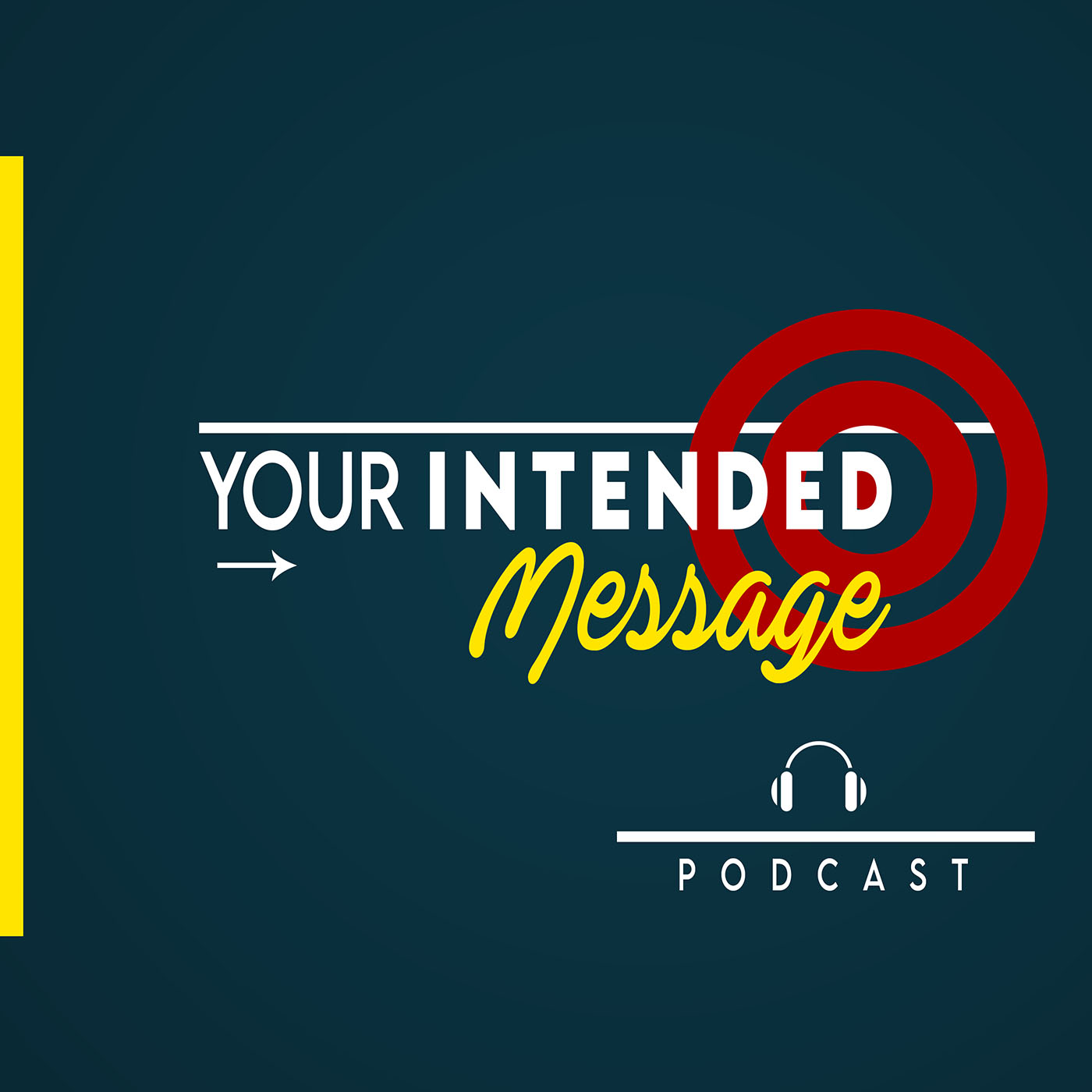
Episode 82
Ideas and topics we explore:
Malika Dudley is an award winning TV journalist. She is a former Miss Hawaii. She studied Communicology, (the scientific study of human communication).
She hosts The Communification Podcast
-----
Excerpts from this conversation with Malika Dudley
One of my biggest tips would be to look at the lens of the camera instead of the face, because then you will be connecting with your audience more.
So you need to sacrifice a little bit yourself. Because for you, it's nice to have that connection and look at the faces that you're looking at. But my recommendation would be to at least go back and forth, if you can.
-----
07:05
Oh, absolutely. I think everyone can relate to that, right. And what's awful about zoom, is that a lot people are not good audience members.
So maybe one thing for our audience members is that when you are attending a zoom, make sure that you're doing the same things that you would do in person.
you don't want to look bored, or maybe you're someone could be reacting to some, they're looking at their phone, and they get some kind of a whatever on their phone.
And so they have this weird look on their face, you would never know because you're you have no idea what's happening in their room.
So it's very different than in person where I can tell when someone's checked out, and they're looking at their phone, maybe they're reacting to their phone, or if I have everyone's engagement, and so as an audience member, it's really important to nod your head and smile, use those facial expressions to really give encouragement to your speaker.
And then yes, as the speaker, you, you kind of have to take it all with a grain of salt. And in fact, when I do speeches that are online, or if I have a presentation, I actually will put my notes up on top like in my screen, so I won't be able to actually see faces.
And, my dad always told me that you need to practice until it looks like you never practice today and in your in your life.
-----
26:53
Communification
Did a word search online. And this was a word in the urban dictionary. And so they combined communication with beautification. So it's the beautification of your communication.
But also the more I searched online, I found that some people use this word communification to describe the unification of community. And both of those things are the goals and the vision for my podcast.
And when you listen to the podcast, not only will it help you to unlock your communication potential by teaching you these tangible research, base communication, strategies for navigating through things like apologizing, you know, when someone lies to you, or if you are being deceptive.
My first season is about communication and technology. So a lot of things like cyber bullying and phubbing, which is phone snubbing. So, you know, it's, it's just a place for us to learn and grow.
And then the opposite side of it is I think people need to feel like they are not alone. They want to know that when they're struggling, and we all feel this way.
We just think, oh, my gosh, I'm the I'm the only one I'm the failure. I'm the one that just sucks at this. But no, you are not alone. So many people struggle with the same issues.
I have a guest on usually, it's a celebrity, like my first episode was with the bucket list family, who has two and a half million followers on Instagram and all over, all over the internet. They're, they're very, very popular. And we talked about how social media, you know, impacts their communication.
And so it's really great to kind of hear from these people that live this day in and day out, when you see that they struggle. I mean, this woman who has millions of followers, is feeling depressed and judged and needs to take a break, then I think that makes us normal people feel so much better.
When we go, oh, wow, I feel the same way. But I thought I was all alone. And look at this girl who is liked by millions of people and still feels the very same exact way.
Because guess what? We're all human.
-----
----more----
In these interviews we will explore presentation skills, public speaking, conversation, persuasion, negotiation, sales conversations, marketing, team meetings, social media, branding, self talk and more.
Your host is George Torok
George is a specialist in communication skills. Especially presentation. He’s fascinated by the links between communication and influencing behaviours. He delivers training and coaching programs to help leaders and promising professionals deliver the intended message for greater success.
Connect with George
www.SpeechCoachforExecutives.com
https://www.linkedin.com/in/georgetorokpresentations/
https://www.youtube.com/user/presentationskills

 Tackle Wicked Challenges with Human Ingenuity: Ken Tencer
Build Innovation Teams That Thrive in Ambiguity
Human Ingenuity: Clever, Inventi
Tackle Wicked Challenges with Human Ingenuity: Ken Tencer
Build Innovation Teams That Thrive in Ambiguity
Human Ingenuity: Clever, Inventi
 High-Stakes Communication - Crisis or Launch: Angela Betancourt
High-Stakes Communication: Lessons for Leaders
From Crisis to Product Launch: Ma
High-Stakes Communication - Crisis or Launch: Angela Betancourt
High-Stakes Communication: Lessons for Leaders
From Crisis to Product Launch: Ma
 Sales Success Starts with Mindset: Ashely Beck Cuellar
Cold Calling in 2025: Strategies That Still Work
Combining Emotional Intelligenc
Sales Success Starts with Mindset: Ashely Beck Cuellar
Cold Calling in 2025: Strategies That Still Work
Combining Emotional Intelligenc
 Resourcefulness, Resilience & Collaboration: Mitch Weisburgh
Stop Your Brain from Sabotaging Your Happiness and Success
Mind Shifting for Lea
Resourcefulness, Resilience & Collaboration: Mitch Weisburgh
Stop Your Brain from Sabotaging Your Happiness and Success
Mind Shifting for Lea